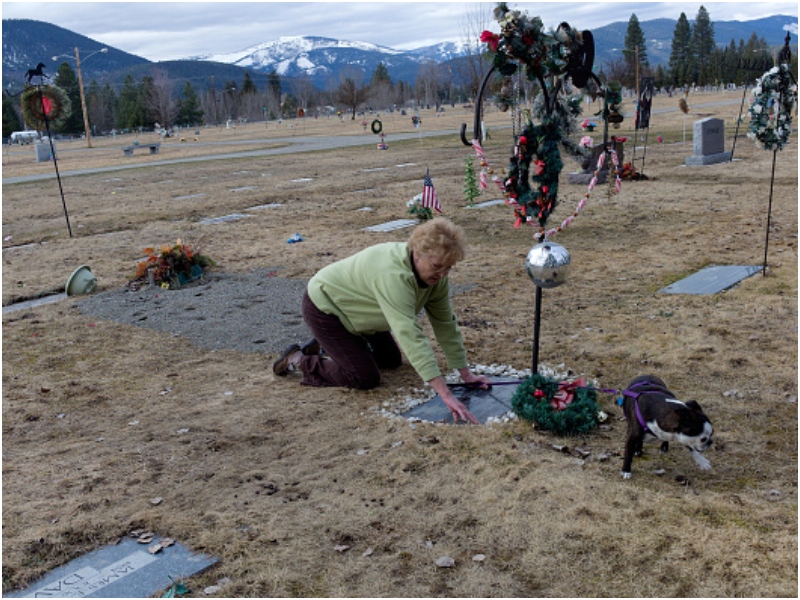In a pivotal trial unfolding in a federal civil court in Montana, BNSF Railway, a subsidiary of Warren Buffett’s Berkshire Hathaway conglomerate, has asserted that it should not be held responsible for the tragic deaths linked to asbestos exposure in Libby, Montana.
This assertion comes despite the devastating toll exacted by asbestos-related illnesses in the small town, classified as one of the deadliest sites in the federal Superfund pollution program.
Attorneys representing BNSF Railway argue that the corporation’s predecessors were unaware of the hazardous nature of the vermiculite they transported from a nearby mine for decades.
Chad Knight, a BNSF attorney, underscored that prevailing knowledge during the 1950s, 60s, and 70s did not raise public suspicions about the health risks associated with asbestos.
The lawsuit marks the first of many legal battles confronting the Texas-based railroad over its historical operations in Libby, Montana.
Residents of the town, both current and former, seek accountability from BNSF for its alleged role in exposing them to asbestos, a toxic substance that health officials estimate has claimed several hundred lives and afflicted thousands with illness.
The jury, comprising seven members, commenced deliberations after being instructed to determine the railroad’s culpability in the deaths and, if applicable, to assess damages to be awarded to the estates of the deceased.
Additionally, the possibility of punitive damages against BNSF hangs in the balance, pending the jury’s decision.
While the trial primarily centers on BNSF’s conduct, the shadow of W.R. Grace & Co., a chemical company responsible for operating the vermiculite mine near Libby until 1990, looms large.
U.S. District Court Judge Brian Morris emphasized that the focus remains on the railroad’s actions and not on W.R. Grace’s separate liability, despite its significant role in the town’s asbestos tragedy.
Disputes have arisen over the extent to which W.R. Grace disclosed asbestos dangers to BNSF and its predecessors.
Plaintiffs contend that railroad executives were aware of the risks, alleging that ground-level workers in Libby were kept uninformed.
Throughout the trial, BNSF has maintained its legal obligation to transport vermiculite, absolving itself of responsibility for the material’s health hazards. Former railroad workers attested to their lack of awareness regarding asbestos risks, asserting that W.R. Grace employees oversaw the loading and handling of vermiculite shipments.
However, the estates of the deceased plaintiffs argue that BNSF cannot evade accountability for neglecting to address vermiculite spills in the railyard, a central hub in the community.
They presented evidence of warning labels affixed to rail cars carrying vermiculite, indicating potential health risks associated with asbestos inhalation.
Family members of Tom Wells and Joyce Walder, who succumbed to mesothelioma, shared heartbreaking testimonies detailing their loved ones’ suffering and untimely deaths.
The emotional impact of the trial was underscored by a video recording of Wells, made a day before his passing, expressing his agonizing struggle with the illness.
The Environmental Protection Agency’s intervention in Libby following news reports in 1999 led to the declaration of a public health emergency in 2009, marking a significant step in addressing the town’s asbestos contamination.
Despite extensive cleanup efforts, health officials caution that the long latency period of asbestos-related diseases means that affected individuals may continue to experience health consequences for years to come.

